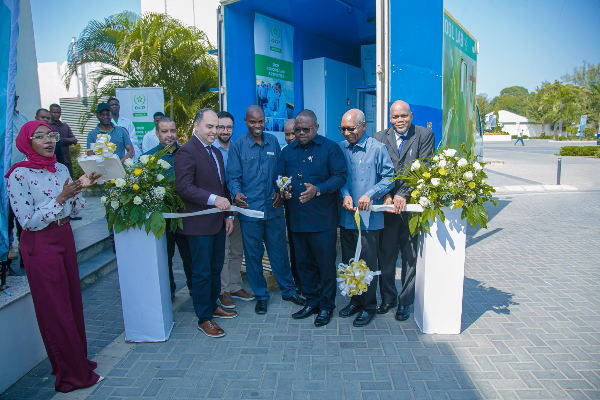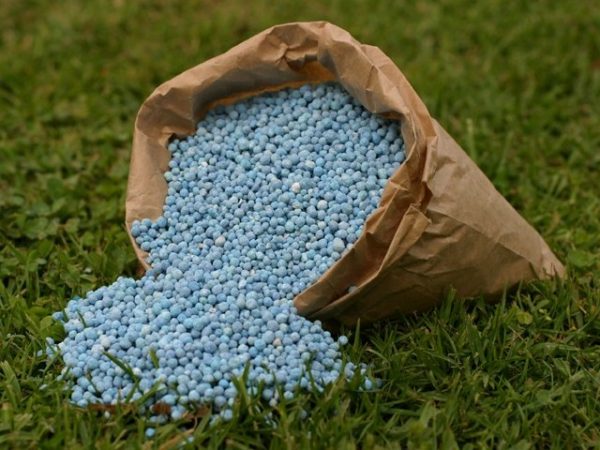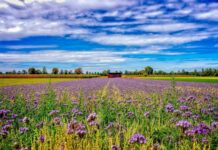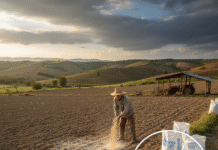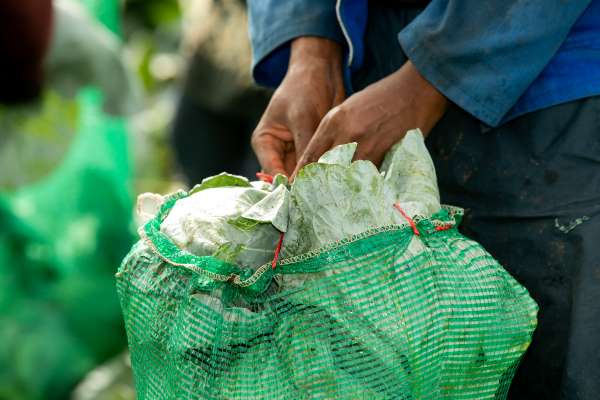The Revolutionary Government of Zanzibar, in collaboration with OCP Africa, officially launched its mobile soil-testing initiative early this week.
The OCP School Lab (OSL) program aims to empower local farmers with on‑site soil analysis and individualized fertilizer recommendations, marking a significant shift in sustainable agriculture across the archipelago.
Speaking at the ceremony, Hon. Shamata Shaame Khamis, Zanzibar’s Minister for Agriculture, Irrigation, Natural Resources and Livestock, hailed the program as a pivotal moment for the sector:
“By equipping our farmers with the tools to understand their soil, we are not just improving their yields; we are enhancing their livelihoods and ensuring food security for our communities.”
Ibrahim Mitawi, CEO of Showtime Zanzibar—who oversaw the event logistics—called the rollout a “game‑changer,” noting that mobile labs will now bring accessible best‑practice agriculture directly to fields, breaking down barriers to knowledge and technology.
The OSL initiative will partner with local agricultural departments and extension officers to provide both soil testing services and training on good agricultural practices. Farmers will receive tailored advice on fertilizer types and application based on their soil conditions, crop choice, and local ecological factors. The initiative explicitly emphasizes responsible fertilizer use to preserve soil health and protect the environment.
Driving sustainable agriculture and economic opportunity
This initiative aligns with ongoing efforts to modernize Zanzibar’s agriculture sector. In October 2024, the TAHA–KUZA programme significantly increased vegetable and fruit production, reducing dependence on mainland imports from 80% to 20% and raising yields by over 300% for some farmers through improved cultivation methods and extension services. The new mobile testing component builds on that foundation by adding precision and data‑driven insights.
On mainland Tanzania, research from a 2021 USAID‑supported study found that portable soil tests paired with subsidies resulted in marked increases in maize yields, significantly outperforming uniform regional fertilizer recommendations.
Similarly, mobile labs deployed by Live Support Systems and Agrocares have reduced testing turnaround from days to minutes, enabling instant tailored recommendations in the field. Zanzibar’s program appears to mirror these successes, localized for its agricultural context.
What’s ahead
- Scalability and access: Through partnerships with the Ministry of Agriculture and local stakeholders, the program aims to reach remote farming communities across Unguja and Pemba.
- Training and support: Extension officers will not only administer testing but also educate farmers on soil health, sustainable inputs, and nutrient management.
- Technology integration: Future phases may incorporate digital record‑keeping, mobile‑based recommendations, and value‑chain linkages to help smallholder farmers access markets and finance.
Today’s launch symbolizes Zanzibar’s commitment to leveraging innovation for food security and economic empowerment. As the OCP School Lab rolls out across the islands, combining soil science with field‑level accessibility, farmers have new potential to boost yields, incomes, and sustainability—one test at a time.


